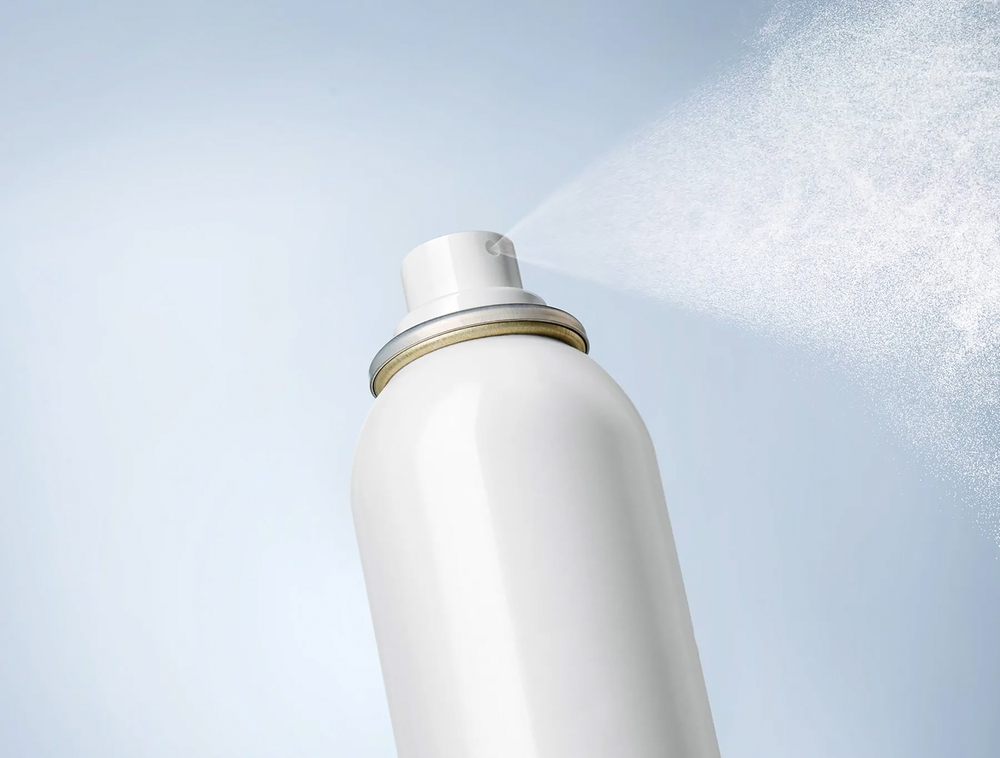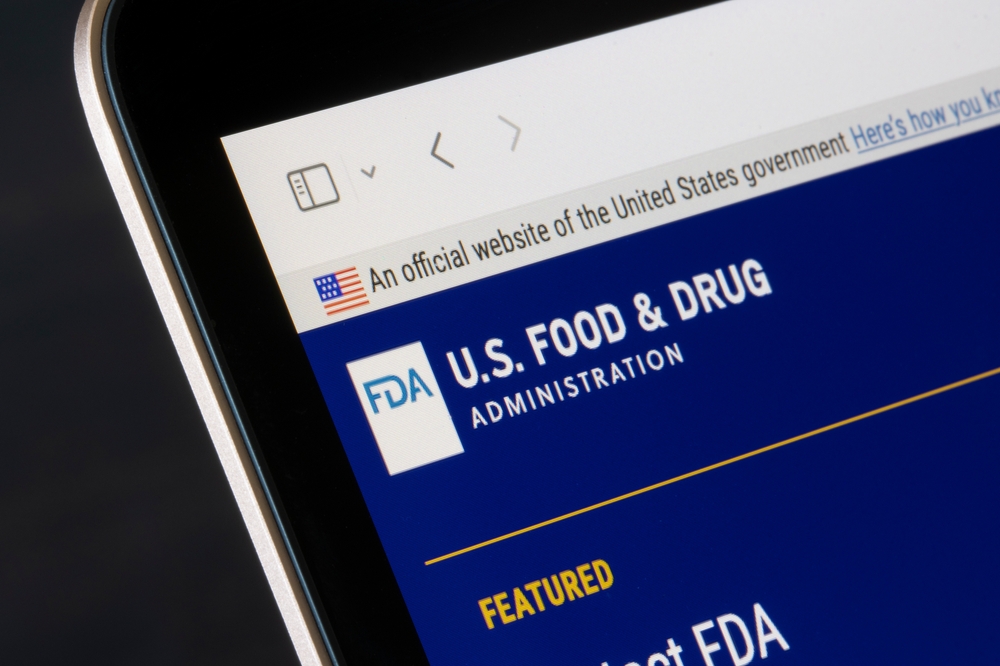A new health alert is making headlines nationwide. Walmart, Dollar Tree, and Amazon have pulled 67,000 aerosol deodorant products from their shelves following a deodorant recall triggered by contamination concerns. Independent testing revealed traces of benzene, a chemical linked to cancer, in several widely used spray deodorants. In response, TCP HOT Acquisition LLC, the manufacturer, acted quickly to initiate a voluntary recall and alert consumers.
The products involved include major brands like Brut, Sure, Right Guard, Alvera, and CureL. Although no injuries have been reported yet, the presence of benzene has sparked serious concerns among consumers and public health experts. This spray deodorant recall serves as a critical reminder that even everyday items can carry hidden risks.
Why These Deodorants Were Pulled
Lab testing identified benzene in certain aerosol deodorants, even though manufacturers never intended to include it. Experts believe the contamination came from the propellants used to deliver the product. Once TCP HOT Acquisition LLC received the findings, the company issued a deodorant recall to prevent further exposure.
These products reached store shelves and online listings between January and November 2022. Because many consumers still have them at home, the recall impacts more than just current inventory. As a result, checking personal supplies following the recall is essential.
Aerosol deodorants pose additional risks because they release chemicals into the air. When used in small, enclosed spaces like bathrooms, they increase the chance of inhaling harmful substances. This makes the recall especially important for households with frequent aerosol use.
Understanding the Health Risks of Benzene
The Centers for Disease Control and Prevention (CDC) identifies benzene as a known carcinogen. Long-term exposure can damage bone marrow, weaken the immune system, and cause blood-related cancers such as leukemia. Unlike other substances, benzene enters the body easily through both inhalation and skin contact.
What’s even more concerning is that benzene doesn’t just affect the person using the product. Children, pets, and other family members can also breathe in lingering vapors. That’s why the dangers of contaminated deodorants extend beyond direct users and into shared living spaces.

Given these risks, using sprays contaminated by benzene, especially daily, can silently raise exposure levels. Fortunately, the deodorant recall gives consumers a chance to stop the risk before health issues emerge.
How to Identify and Handle Recalled Products
If you purchased aerosol deodorants from Walmart, Dollar Tree, or Amazon between early 2022 and late 2022, now is the time to inspect them. Check the label for any of the five brand names listed in the deodorant recall. Even if the product looks and smells normal, it may still be contaminated.
If you find a match, stop using the product right away. Do not dispose of aerosol cans in your household trash. Instead, follow your community’s guidelines for hazardous waste disposal. Proper handling helps avoid harm to sanitation workers, the environment, and your home.
To verify if your product is part of the recall, visit the FDA’s recall database. You can also contact HRB Brands at 1-866-615-0976 or email Consumer@hrbbrands.com for additional support. They can assist with refunds or replacement options.

This case offers a clear example of how important it is to monitor the safety of the products we use daily. Staying informed about issues like a deodorant recall helps ensure long-term well-being.
Recalls Like This Are Happening More Often
Unfortunately, this case isn’t isolated. In recent years, other personal care products have also tested positive for benzene. Sunscreens, hand sanitizers, and dry shampoos have all faced similar recalls. In many of those cases, the contamination also stemmed from aerosol propellants.
These incidents highlight a recurring issue in the manufacturing process. Current regulations do not require thorough benzene testing in aerosol products. Without routine checks, harmful substances can slip through quality control. As a result, consumers unknowingly use products that may pose serious health risks over time.
Public pressure is mounting for stronger testing requirements and clearer accountability. Until then, consumers must remain proactive and aware. Reading recall announcements, checking ingredients, and reporting unusual side effects can make a real difference.
Stay Informed and Take Action
The recall involving Walmart, Dollar Tree, and Amazon highlights the importance of consumer vigilance, particularly in the context of a deodorant recall. While most people assume personal care products are safe, this situation proves that harmful ingredients can go undetected until after they reach the market.
By taking time to examine the products you’ve purchased, you can help protect yourself and your loved ones. Staying informed, especially when using aerosol-based items, is a simple step that carries long-term benefits.
For now, choosing non-aerosol alternatives or trusted brands with strict testing procedures may offer peace of mind. Until regulations improve, safety begins with awareness.



